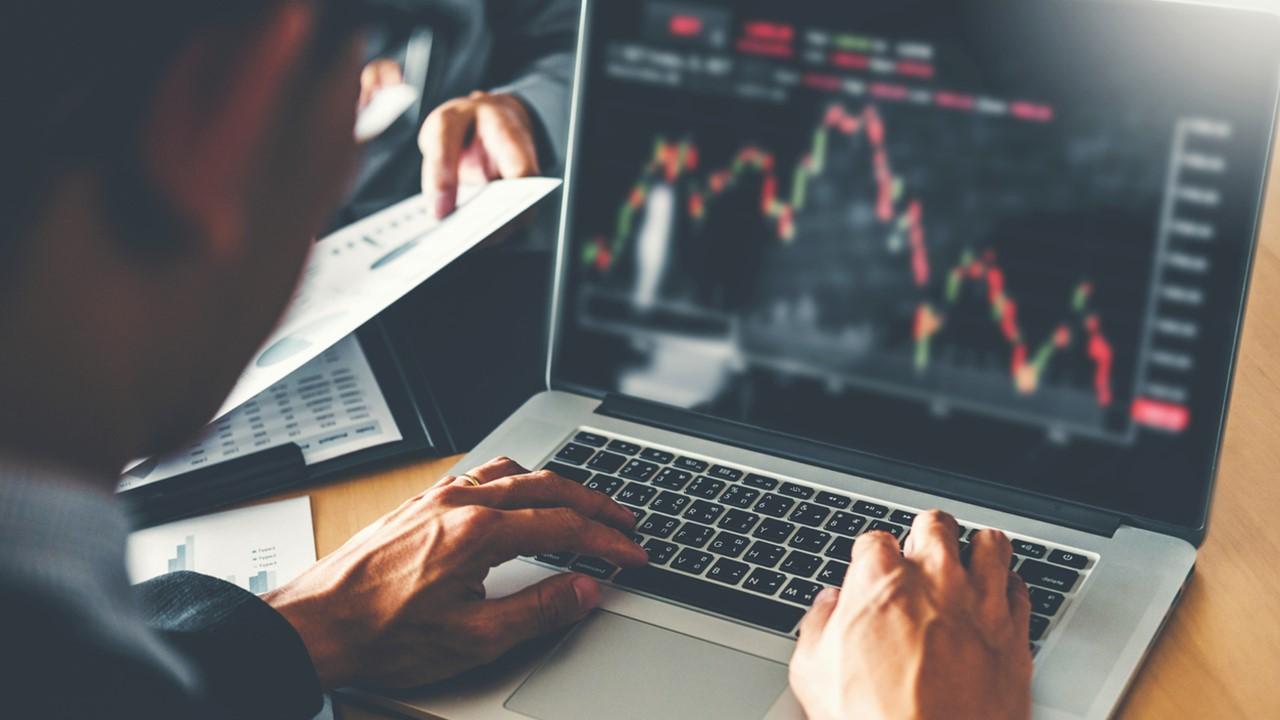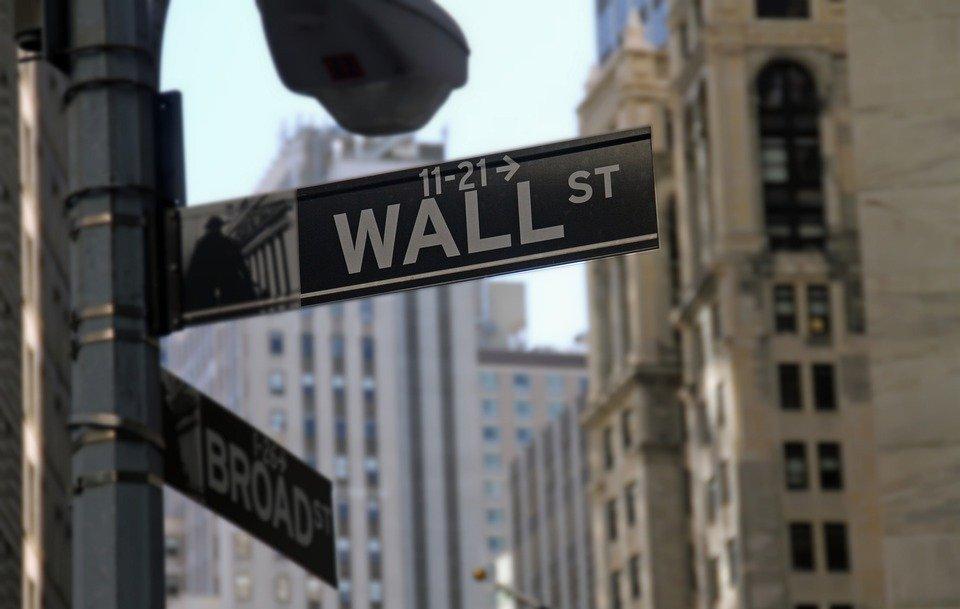How Accurate Are Stock Market Futures?
Stock market futures can help investors gauge the market sentiment and predict stock prices. Are stock market futures accurate?
Sept. 18 2020, Updated 8:57 a.m. ET

In the stock market, a futures contract is a commitment to buy or sell a stock at a predetermined price at a specific time in the future. Stock market futures are also called equity index futures. They track a particular stock market benchmark like the Dow Jones, S&P 500, or the Nasdaq Composite. Some investors study future contracts to predict where the market is going. Are market futures accurate at predicting stock prices?
Stock futures will sell at a preset price regardless of the stock’s actual price at the specified time in the future. In stock futures contracts, there's an investor speculating that a stock will rise and another speculating the stock will decline by a specific amount in the future.
How accurate are stock market futures?
Since futures prices are based on investors’ predictions, they might be accurate or wrong. For example, geopolitical events and major economic data can dramatically change the course of the market during the day. Therefore, smart investors study the futures market alongside other indicators to try to understand market trends.
Futures contracts have their roots in agriculture. Farm produce prices can swing wildly depending on the harvest. If a corn farmer fears that a bountiful harvest across the country will flood the market and drag down prices, he might enter into a sale contract to lock in a favorable price before harvesting.
The farmer would find someone willing to buy the corn at a specific price. The farmer would agree to deliver the corn when it's ready. The contract guarantees that the farmer markets the corn at a favorable price. On the other side, the buyer is guaranteed a corn supply at a favorable price. The futures contracts concept became popular and got adopted in other trades outside agriculture.

Stock investors use futures contracts for a variety of reasons. For example, an investor may use futures to speculate. In that case, the investor may agree to purchase a stock at a higher price than it costs currently with the hope that the stock will be worth more in the future. If the stock is worth more in the future, the investor makes a profit.
Other investors use futures contracts as hedging instruments. For example, an investor may enter a contract to sell his stocks at a predetermined price in the future to minimize losses if the stock’s price plunges.
Futures tied to stock indexes like the Dow or the S&P 500 represent market predictions from a large number of investors. Some investors study stock index futures' movements as a barometer of the stock market. If futures prices are falling, investors think that stocks will open lower than the previous close. If futures prices are rising, it signals that stocks will open higher than the previous close.

How are market futures determined?
While the U.S. stock market opens at 9:30 a.m. ET and closes at 4 p.m. ET, the futures trading platform remains open 24 hours a day. Futures traders have a chance to react to significant economic or geopolitical events around the world before actual trading in U.S. markets starts.
U.S. stock futures' prices are often determined by what happened overnight in Asian and European markets. Corporate announcements like earnings or merger reports that come out after the closing bell can also move the futures market. However, the futures market can overreact or underreact to market-moving events. The course of the actual market could change as investors digest the information.
Finally, some investors start the day by looking at the futures market to get a sense of where the market is going. While futures movements can help investors read where the market is going, they may not be accurate all the time.
